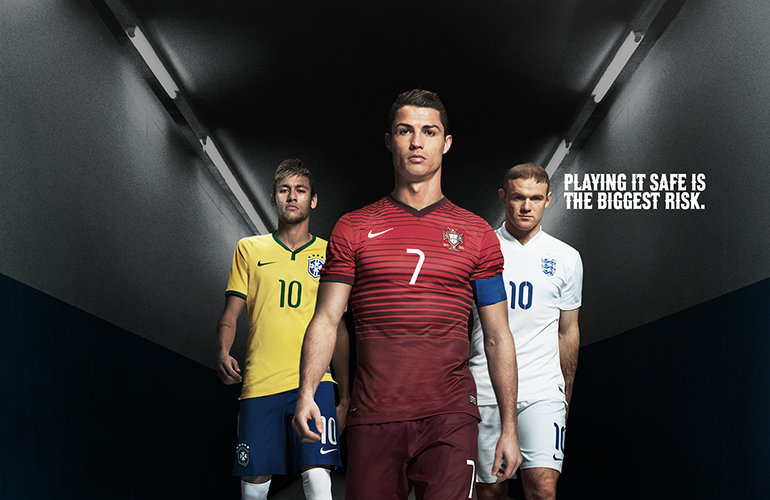Sophie’s World Response:
Well,
I’ve finally finished it. After about three months of reading, questioning, and
wondering, the pages have run out. The book has ended, and I am left with what
I am left with. I have a pretty good grip on what has happened, that Hilde was
real all along and Sophie exists in an alternate dream world, kind of like how
Cooper tried to communicate with Murph in the tesseract in Interstellar. And yet…
Despite
all of this, the narrative of Sophie’s
World doesn’t quite make perfect sense. What happened to Hilde’s crucifix,
or her red scarf? They were real physical items that seemed to just vanish.
These little details that just don’t quite fit.
But
then I realized something. In my first blog post, I mentioned how the story
part of Sophie’s World paralleled the
history of philosophy. 507 pages later, it still holds true. Philosophy is all
about trying to understand and explain our world. In the past three or so
months, I have been learning about all these different philosophical ideas,
I’ve realized they all are constantly struggling for supremacy. Is history
linear or cyclical? Are we the center of the universe, or do we revolve around
the sun? Materialism or idealism? Creation or evolution? Through history, some
ideas have become truth, like the earth revolving around the sun for example.
However
through all of this, there has never been
a theory that has come like a magic wand and explained everything. I don’t
think there ever will be one. Maybe, like Socrates, the only real truth is that
we won’t know everything.
Yet
here we are. There are no more pages left. There is no more history to look
back on. We are on our own. We won’t truly know everything, so we have to take
a leap of faith. Maybe it was like Basho said, “Every day is a journey, and the
journey itself is home.”
Real World Application:
As
a big soccer fan, I wanted to do a post on philosophy and soccer, so here goes.
After the World Cup this summer, I
wanted to get a World Cup poster to hang in my room. I got it a week or so
later, but the place I ordered it from gave me two other things: an official
World Cup Sticker Book, and a cool Nike poster based on an animated short film
they released called “The Last Game”. On the bottom of the poster, it said “THERE
IS NO GREATER DANGER THAN PLAYING IT SAFE”.
That
statement is what ties soccer into the economic philosophies of the late
1800’s. Marxism/Communism was a response to the Capitalist economic system in
England during that time. Capitalism is based on the idea that the system
should benefit those who take risks with their money. On the other hand,
Marxism is based on the worker. The system should benefit those who control
the means of production (the workers). Just like capitalism and communism
have been fighting for supremacy for years, soccer philosophies have been the
same. Is it better to play attacking soccer, or defensive soccer?
Attacking
soccer is similar to capitalism. It is based on risk taking. Own possession.
Get players forward to attack. Cross. Shoot. Score. It is based on the idea
that without the ball, you cannot score. (Nike’s slogan for the World Cup was
“Risk Everything.” So we know what side of the fence they’re on.) It is like capitalism, where you cannot gain
money unless you risk it. In soccer, Germany and Spain have won the last two
World Cups playing very proactive styles. In 2010, Spain averaged almost 60% of
possession. Of course, with any risk, there is chance of it backfiring, like
when Brazil, home of attacking, beautiful soccer, got blasted 7-1 at home to
Germany. (Not that Germany’s style was really defensive, just that Brazil’s was
too risky.) Brazil kept pushing players forward, including defenders, and they
got torn apart time and time again.
The
other side of the coin is the defensive style of play. It is similar to
Marxism, based on structure and discipline. It is all about defensive shape,
structure, and not conceding goals. No player is more important than the
system. The system cannot afford risks or individual profit as much because it
could undermine the overall structure and lead to defeat. The whole system
could be explained by this quote from manager Jose Mourinho:
"1) The game is won by the team who commits fewer errors. 2) Football
favors whoever provokes more errors in the opposition. 3) Away from home,
instead of trying to be superior to the opposition, it's better to encourage
their mistakes. 4) Whoever has the ball is more likely to make a mistake. 5)
Whoever renounces possession reduces the possibility of making a mistake. 6)
Whoever has the ball has fear. 7) Whoever does not have it is thereby
stronger."
It has worked in the past too. Greece won the
European Championships in 2004, with only 43% possession in the final, and were
outshot 17 to 4. Of course, the system has drawbacks, it is hard to score goals
when defending is the only priority, and even the strongest walls can be broken
down.
Just like capitalism and communism will continue
to battle, defensive vs. attacking vs. in-between (socialism?) soccer will too.
The question is, do you play to win, or not to lose?
